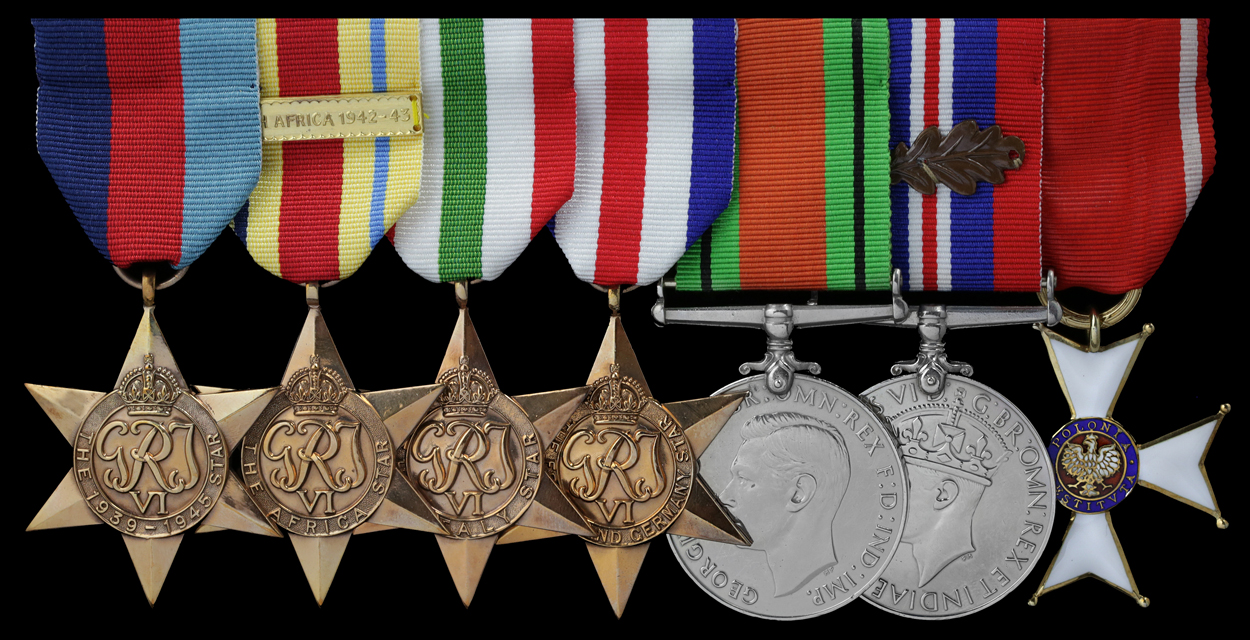Was just reading the WP article on the Special Operations Executive, or “Ministry of Ungentlemanly Warfare”, appears to have had looser entry requirements than the British military generally. As well as conducting ops throughout most of occupied (and neutral) Europe, they gave financial and operational support to resistance movements in Asia and Abyssinia.
No doubt you’ve heard of The White Mouse (Nancy Wake) who operated under the SOE. Another operator was Pippa Latour, a French national who joined in order to avenge her family. She was small enough to pose as a young teenager and gain intel from German soldiers. She was awarded the MBE, Legion d’Honneur etc Astoundingly, “She did not discuss her wartime activities with her family until her children discovered them by reading about them on the Internet in 2000.” She lives in NZ now.
Some excerpts:
—-
Exiled or escaped members of the armed forces of some occupied countries were obvious sources of agents. This was particularly true of Norway and the Netherlands. In other cases (such as Frenchmen owing loyalty to Charles de Gaulle and especially the Poles), the agents’ first loyalty was to their leaders or governments in exile, and they treated SOE only as a means to an end. This could occasionally lead to mistrust and strained relations in Britain.
The organisation was prepared to ignore almost any contemporary social convention in its fight against the Axis. It employed known homosexuals, people with criminal records (some of whom taught skills such as picking locks) or bad conduct records in the armed forces, Communists and anti-British nationalists. Some of these might have been considered a security risk, but no known case exists of an SOE agent wholeheartedly going over to the enemy. The case of Henri Déricourt is an example in which the conduct of agents was questionable, but it was impossible to establish whether they were acting under secret orders from SOE or MI6.
SOE was also far ahead of contemporary attitudes in its use of women in armed combat. Although women were first considered only as couriers in the field or as wireless operators or administrative staff in Britain, those sent into the field were trained to use weapons and in unarmed combat. Most were commissioned into either the First Aid Nursing Yeomanry (FANY) or the Women’s Auxiliary Air Force. Women often assumed leadership roles in the field. Pearl Witherington became the organiser (leader) of a highly successful resistance network in France. Early in the war, American Virginia Hall functioned as the unofficial nerve center of several SOE networks in Vichy France. Many women agents such as Odette Hallowes or Violette Szabo were decorated for bravery, posthumously in Szabo’s case. Of SOE’s 41 (or 39 in some estimates) female agents serving in Section F (France) sixteen did not survive with twelve killed or executed in Nazi concentration camps.
—-
In late 1944, as it became clear that the war would soon be over, Lord Selborne advocated keeping SOE or a similar body in being, and that it would report to the Ministry of Defence. Anthony Eden, the Foreign Secretary, insisted that his ministry, already responsible for the SIS, should control SOE or its successors. The Joint Intelligence Committee, which had a broad co-ordinating role over Britain’s intelligence services and operations, took the view that SOE was a more effective organisation than the SIS but that it was unwise to split the responsibility for espionage and more direct action between separate ministries, or to perform special operations outside the ultimate control of the Chiefs of Staff. The debate continued for several months until on 22 May 1945, Selborne wrote:
In view of the Russian menace, the situation in Italy, Central Europe and the Balkans and the smouldering volcanoes in the Middle East, I think it would be madness to allow SOE to be stifled at this juncture. In handing it over to the Foreign Office, I cannot help feeling that to ask Sir Orme Sergent to supervise SOE is like inviting an abbess to supervise a brothel! But SOE is no base instrument, it is a highly specialized weapon which will be required by HMG whenever we are threatened and whenever it is necessary to contact the common people of foreign lands.
Churchill took no immediate decision, and after he lost the general election on 5 July 1945, the matter was dealt with by the Labour Prime Minister, Clement Attlee. Selborne told Attlee that SOE still possessed a worldwide network of clandestine radio networks and sympathisers. Attlee replied that he had no wish to own a British Comintern, and closed Selborne’s network down at 48 hours’ notice.
SOE was dissolved officially on 15 January 1946. Some of its senior staff moved easily into financial services in the City of London, although some of them had not lost their undercover mentality and did little for the City’s name. Most of SOE’s other personnel reverted to their peacetime occupations or regular service in the armed forces, but 280 of them were taken into the “Special Operations Branch” of MI6. Some of these had served as agents in the field, but MI6 was most interested in SOE’s training and research staff. Sir Stewart Menzies, the head of MI6 (who was generally known simply as “C”) soon decided that a separate Special Operations branch was unsound, and merged it into the general body of MI6
—-
